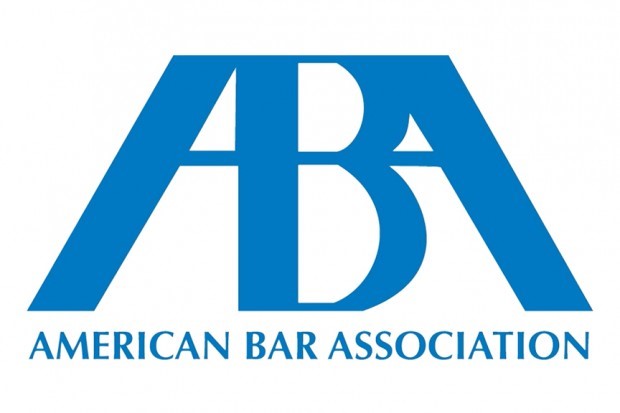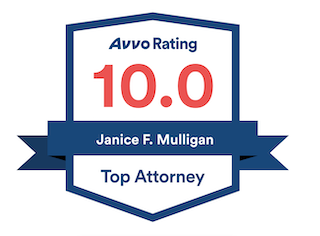FAKE WEB REVIEWS EXPOSE COMPANIES TO $$ PENALTIES
0 CommentsWhenever someone has been injured by a product or by a service provider who has drawn them in via advertising of any kind, but particularly web advertising, further investigation is warranted. There is a significant increase in paid, faked reviews on-line on various product and service review sites -known as “Astroturfing“, a take-off on grassroots campaigns, or fake grass. These phony endorsements can expose companies to legal liability and monetary sanctions.
In July 2009, a plastic surgery company, Lifestyle Lift, reached a settlement with the New York Attorney General’s office with regard to reviews which were purporting to be submitted by very happy clients. As it turned out, these were not actually customers, but employees of the company itself. The Attorney General’s office released part of an internal email in which Lifestyle Lift gave the following directive to its employees: “Friday is going to be a slow day – I need you to devote the day to doing more postings on the web as a satisfied client.” Lifestyle Lift ended up agreeing to pay $300,000 in penalties and costs. And, now it must live with the negative image it has created for itself in any Google search.
The Federal Trade Commission has also pursued charges for deceptive advertising of a similar nature against the California company, Reverb Communications. The FTC alleged that Reverb had its own paid employees posting positive reviews as if they were customers for clients’ games in the Apple iTunes store, giving their product 4 to 5 starts and saying things like an “amazing new game.” Consumers had the impression these reviews were made by ordinary people who had already bought the game. The FTC did not condition its settlement on Reverb paying monetary sanctions, but this case is a clear warning that deceptive reviews cannot be tolerated. Reverb had to agree to remove old reviews.
Some services now provide the reviewers rather than these coming from in-house. It is not always hard to follow the trail of some of these paid reviewers to see that they are reviewing products and services in places ALL OVER THE COUNTRY on the same day, pretending to be delighted consumers, always with 4 and 5 star ratings. You may see the same individual reviewer claiming to have elective surgical services in San Diego, their dog trimmed in Aspen and their tires rotated in Raleigh, all on the same day. Look cautiously at all reviews. Often, the reviewer adds personal details and descriptions that make them sound very real. By checking the other reviews of the individual endorsers, however, you might find something much more deceptive.
As consumer attorneys, we hope to fight against these practices. They are unfair to regular, honest business owners who are out there giving it their all for good REAL ratings and positive Yelps, etc. When these owners have to compete with paid fake testimonials, how can they possibly have the proper ranking the services are intended to provide?
When we are able to show that a marketer has engaged in this conduct, as well as for instance showing that statistical claims are not true, we take a further stand for truth in advertising, and build a foundation for potential punitive damages.












